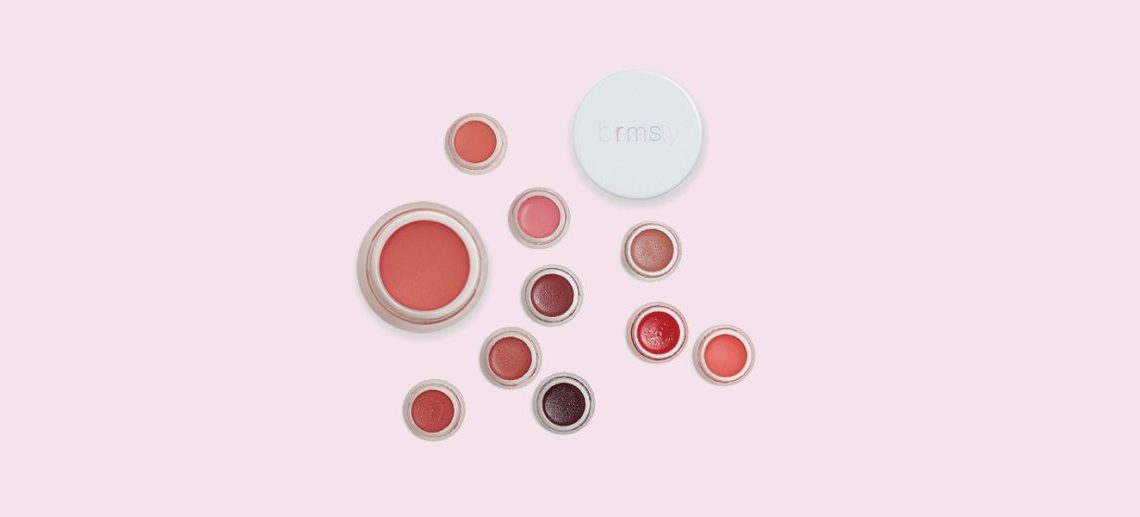When the Instagram account Estée Laundry quietly debuted in late April 2018, the anonymous collective’s goal was to provide a sense of accountability in the beauty landscape, specifically as it related back to beauty brands. One of its first posts called out founder Trinny London for ripping off RMS Beauty’s Lip2Cheek pots in both her namesake brand’s design and packaging. London’s products, for its part, contained chemical ingredients and used plastic containers, while RMS Beauty is a non-toxic beauty company that uses glass bottles.
“We started Estée Laundry because we were tired of seeing the lack of transparency, authenticity, sustainability and inclusivity in the beauty industry,” they said without revealing their identities. “We felt the need to provide a trusted voice for people in order to stand up to brands.” In 16 short months, the group has taken on both mega-conglomerates and small companies with a devil-may-care attitude — despite the serious matters at hand. Think about the backlash Rihanna’s Fenty Beauty, which is backed by LVMH, faced when the brand dubbed a highlighter “Geisha Chic” or when Glossier claimed their mascara was vegan, when in fact it was not — all of these flames were fanned by none other than Estée Laundry. With 82,000 followers to date and its relevance growing stronger daily, industry insiders like Larissa Jensen, executive director and beauty industry analyst at The NPD Group, expect their following to be well over a million by year’s end.
Ahead, we discuss with Estée Laundry its impact on the beauty industry, the need for call-out culture and if transparency is just a buzzword.
What was the first brand or influencer you talked about and shed light on in an impactful way?
The issue that put us on the map was with Sunday Riley [in October 2018]. At the time, Sunday Riley herself emailed her staff and directed them to write positive product reviews. We got a hold of Sunday’s letter and shared it with our followers. Our followers felt angry about the brand’s disingenuous and unethical behavior, and many did not want to support the brand anymore. This was made worse by the fact that Sunday replied to our post and confirmed that they had, indeed, posted the reviews because other brands did the same.
Do you think brands are taking more accountability because of what you do or fear of getting caught?
We never thought our platform would get so big. It took us by surprise, but we are proud of how far we have come and that we are creating a culture of change. Our goal was never to instill fear in brands but to educate and inspire them to be more authentic, inclusive and transparent in their business practices. We shed light on questionable actions.
Do you think your followers really care about these issues, or is it also about the corresponding drama that ensues?
The issues that our followers care about most are the lack of representation and inclusivity, transparency and sustainability in the beauty industry, as well as cultural appropriation. They are tired of seeing beauty brands misrepresent different cultures as a means to sell products, the waste and harm to the environment that they create and their reluctance to embrace people of color and minorities. We believe that our followers care about these issues deeply; they resonate with them, and our followers share the same passion about them that we do. Obviously, we don’t expect all of our stories to resonate with all of our followers — we are open to a constructive dialogue.
You have been accused of being a brand yourself or promoting a bully culture. What would you say to that?
We tell them that we aren’t a brand because we are not. We don’t love, hate or blacklist anyone. Our focus is on creating an honest beauty industry.
Ad position: web_incontent_pos1
In the vein of transparency, would you ever consider revealing yourself?
We don’t plan to. We believe that staying anonymous keeps us objective and unbiased as much as possible and lets us stand up to brands with infinite resources. We want the focus to be on the issues we highlight, not the people who work hard to highlight them.




